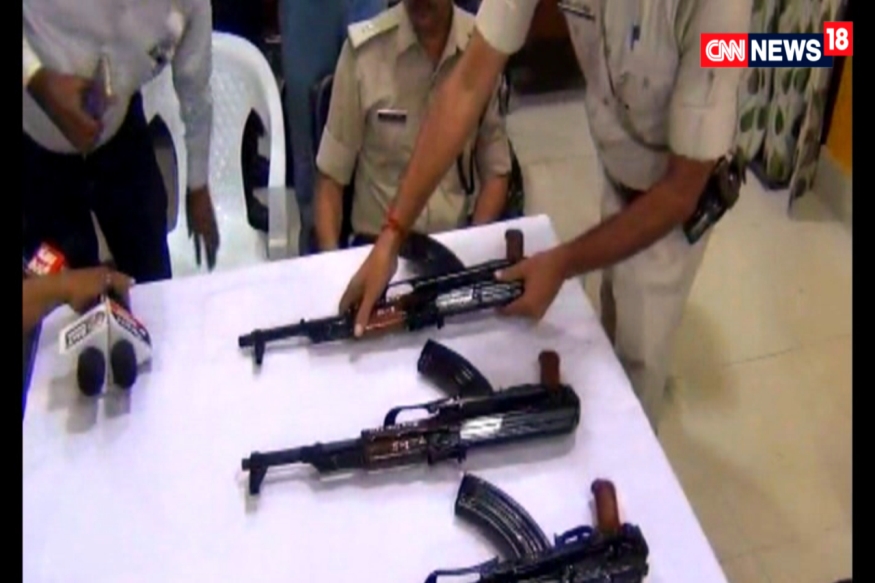Draft Arms (Amendment) Bill
On October 10, 2019, the Union Home Ministry proposed an amendment to convict makers and users of illegal arms. According to the amendment, the makers of “prohibited” arms and those carrying such arms have to spend remainder of their life in prison if convicted.
The bill is to be introduced in the winter session of the parliament.
Main Features of the Amendment bill
- Anyone possessing more than 2 licensed gun has to deposit the third one with the authorities. This is because GoI is planning to ban the practice of multiple licenses to individual
- Section 25 (1AA) of Arms act 1959 is to be amended. According to the amendment punishment from usual 14 years to imprisonment for remainder of the person’s life.
- The amendment also categorizes illegal import of guns and their sales as “illicit trade”. Also, it has provisions to send an authorized gun dealer to jail up to 7 years.
- A sports person can possess a third weapon – 0.22 calibre rifle only, provided, if the user is a dedicated sports person whose participation is recognized in national and international events in the last 2 years.
Significance
India has a total of 35 lakh gun licenses. Around 13 lakh have licenses to carry weapons in UP alone. In J&K around 3.7 lakh citizens hold active gun licenses. These licenses were issued in the last two decades. Punjab has around 3.6 lakh active gun licenses. All these licenses were simultaneously issued when militancy has engulfed the state.
Arms Act, 1959
The act was legislated to consolidate and amend the laws related to arms and ammunition. It replaced the Arms Act 1878. The act has undergone many changes since 1959. The most recent change in the act was done in 2010 through an amendment for the arms act.
The act briefs rules and regulations about acquisition, manufacture, possession, sale, import and export ammunition in India. It also provides provisions related to licenses. The act lists the punishments associated with breaking rules related to the act. IT alsi provides details on powers that the officials possess to enact it.
Arms Act 1878
The act stipulated that no Indians shall be allowed to bear arms prior to proper permit. On the other hand, no such rules were imposed to the British living in India. The act was seen as a major humiliation for the newly emerging middle class. Surendranth Bannerjee called the act as a badge for racial inferiority.
The act was passed during the period when Lord Lytton was the Viceroy of India.
Month: Current Affairs - October, 2019


